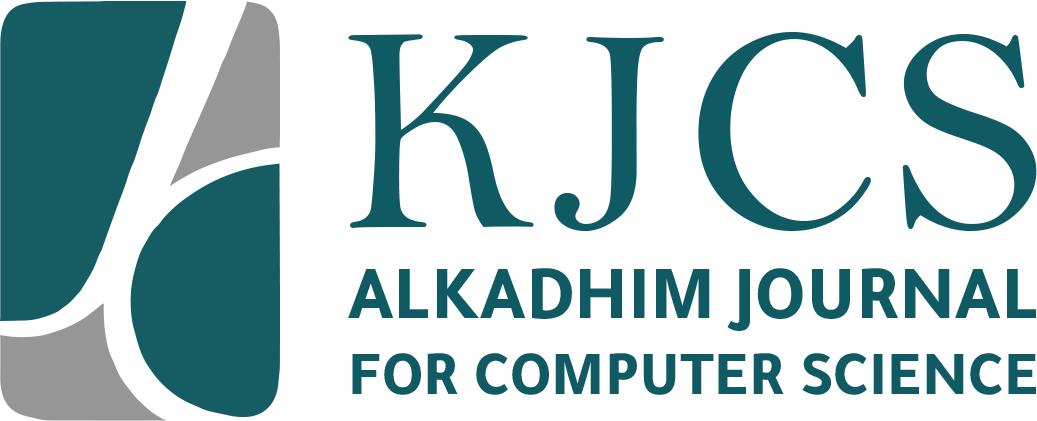ChatGPT and the Crisis of Academic Honesty
Main Article Content
Abstract
ChatGPT is one of the conversational AI tools that changed and still change the human life in different aspects wherein the academic and the scientific aspects seem to be affected more seriously. This paper, therefore, is an attempt to delve into some minutes of this influence in these two sensitive aspects. And this can be achieved through pinpoint its aggressions that are mainly caused by its capacities and limitations as far as scientific communication and studies are concerned. On its surface face, this AL seems to enrich scientific texts with clarity and coherence, to have a role in generation of new ideas and research methods, along with the dangers it creates to the honesty of academic efforts. The study, therefore, seems grim and pessimistic in this respect contrary to the immense praise and acceptance it receives at the universal level. It tries to call for a stricter human censorship over academic and scientific works to draw them away, as much as possible, from the injuries of this AI application. And to support this caution, it shows some of ChatGPT features and restrictions that turn it dangerous in the academic fields. And to be objective and accurate, the study refers to some of its positive aspects like its ability to help in creating coherence and clarity to scientific articles, research methods, and use in fighting plagiarism. As thus, the study highlights an urgent need for a necessary methods, restrictions, and strategies that can ensure a safe use of ChatGPT's advantages and avoiding its weaknesses whenever it is used in scientific writing.
Downloads
Article Details
References
E. Agathokleous and L. Yu, “Six statistical issues in scientific writing that might lead to rejection of a manuscript,” Journal of Forestry Research, vol. 33, no. 3. Northeast Forestry University, pp. 731–739, Jun. 01, 2022. doi: 10.1007/s11676-022-01471-8.
H. Mondal, S. Mondal, and I. Podder, “Using ChatGPT for writing articles for patients’ education for dermatological diseases: A pilot study,” Indian Dermatol Online J, vol. 14, no. 4, pp. 482–486, Jul. 2023, doi: 10.4103/idoj.idoj_72_23.
H. Alkaissi and S. I. McFarlane, “Artificial Hallucinations in ChatGPT: Implications in Scientific Writing,” Cureus, Feb. 2023, doi: 10.7759/cureus.35179.
J. Huang and M. Tan, “The role of ChatGPT in scientific communication: writing better scientific review articles,” 2023. [Online]. Available: www.ajcr.us/
M. Alshater, “Exploring the Role of Artificial Intelligence in Enhancing Academic Performance: A Case Study of ChatGPT.” [Online]. Available: https://ssrn.com/abstract=4312358.
Y. K. Dwivedi et al., “‘So what if ChatGPT wrote it?’ Multidisciplinary perspectives on opportunities, challenges and implications of generative conversational AI for research, practice and policy,” Int J Inf Manage, vol. 71, Aug. 2023, doi: 10.1016/j.ijinfomgt.2023.102642.
M. Dowling and B. Lucey, “ChatGPT for (Finance) research: The Bananarama Conjecture,” Financ Res Lett, vol. 53, May 2023, doi: 10.1016/j.frl.2023.103662.
Ö. Aydın and E. Karaarslan, “OpenAI ChatGPT Generated Literature Review: Digital Twin in Healthcare,” SSRN Electronic Journal, Dec. 2022, doi: 10.2139/ssrn.4308687.
I. Dergaa, K. Chamari, P. Zmijewski, and H. Ben Saad, “From human writing to artificial intelligence generated text: examining the prospects and potential threats of ChatGPT in academic writing,” Biol Sport, vol. 40, no. 2, pp. 615–622, 2023, doi: 10.5114/BIOLSPORT.2023.125623.
W. L. J. Ho, B. Koussayer, and J. Sujka, “ChatGPT: Friend or foe in medical writing? An example of how ChatGPT can be utilized in writing case reports,” Surgery in Practice and Science, vol. 14, Sep. 2023, doi: 10.1016/j.sipas.2023.100185.
A. M. Jarrah, Y. Wardat, and P. Fidalgo, “Using ChatGPT in academic writing is (not) a form of plagiarism: What does the literature say?,” Online J Commun Media Technol, vol. 13, no. 4, p. e202346, Aug. 2023, doi: 10.30935/ojcmt/13572.
A. M. Elkhatat, “Evaluating the authenticity of ChatGPT responses: a study on text-matching capabilities,” International Journal for Educational Integrity, vol. 19, no. 1, Dec. 2023, doi: 10.1007/s40979-023-00137-0.
M. Alser and E. Waisberg, “Concerns with the Usage of ChatGPT in Academia and Medicine: A Viewpoint,” American Journal of Medicine Open, vol. 9, p. 100036, Jun. 2023, doi: 10.1016/j.ajmo.2023.100036.
S. Altmäe, A. Sola-Leyva, and A. Salumets, “Artificial intelligence in scientific writing: a friend or a foe?,” Reproductive BioMedicine Online, vol. 47, no. 1. Elsevier Ltd, pp. 3–9, Jul. 01, 2023. doi: 10.1016/j.rbmo.2023.04.009.
E. Agathokleous and L. Yu, "Six statistical issues in scientific writing that might lead to rejection of a manuscript," in J. For. Res., vol. 33, pp. 731–739, 2022. Available: doi.org/10.1007/s11676-022-01471-8
H. Alkaissi and S. I. McFarlane, "Artificial Hallucinations in ChatGPT: Implications in Scientific Writing," Cureus, vol. 15, no. 2, Art. no. e35179, Feb. 2023. Available: https://doi.org/10.7759/cureus.35179
Ö. Aydın and E. Karaarslan, "OpenAI ChatGPT Generated Literature Review: Digital Twin in Healthcare," SSRN Electronic Journal, Jan. 2022. Available: https://doi.org/10.2139/ssrn.4308687
M. Dowling and B. Lucey, "ChatGPT for (Finance) research: The Bananarama Conjecture," Finance Research Letters, vol. 53, Art. no. 103662, 2023. Available: https://doi.org/10.1016/j.frl.2023.103662
Y. K. Dwivedi et al., "So what if ChatGPT wrote it? Multidisciplinary perspectives on opportunities, challenges, and implications of generative conversational AI for research practice and policy," in Int. J. Inf. Manag., vol. 71, 2023. Available: https://doi.org/10.1016/j.ijinfomgt.2023.102642.

